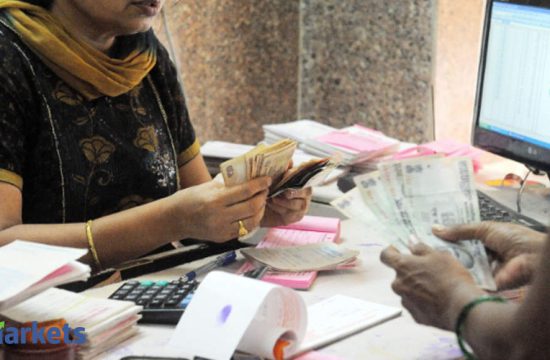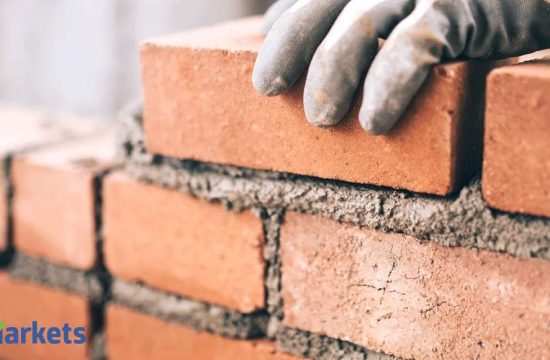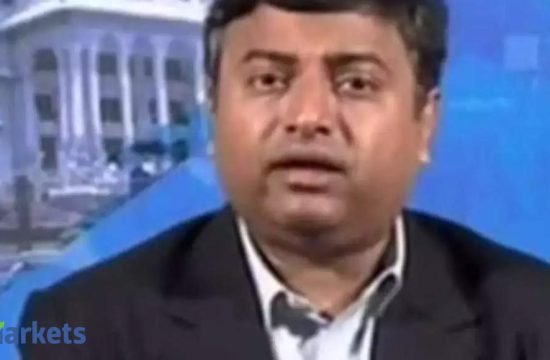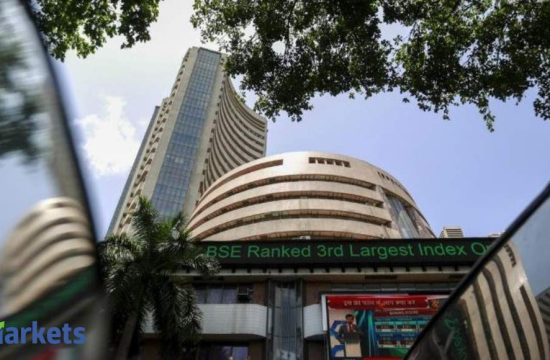
New Delhi: Internet-based businesses are making the most in a world changed for good by the coronavirus pandemic.
India does not have too many listed internet-based businesses. The ones that are there are already getting lapped up by investors.
One such opportunity domestic investors seem to be betting on is the country’s only listed B2B marketplace, IndiaMART Intermesh, which however faces a near-term challenge in the face of the dark clouds looming over the medium and small enterprises, who form the bulk of its customer base.
The company has no listed peer in India, but has kept its multibagger status intact amidst the Covid-19 meltdown. Listed on July 4 last year at Rs 1,302, at a 33.87 per cent premium to its issue price of Rs 973, the stock scaled its peak of Rs 2,862 on February 20, 2020. It crashed up to 40 per cent from there during the March selloff to trade at Rs 1,758 by the end of that month. From there, the scrip has recovered 27 per cent to trade at Rs 2,360 on May 19. The stock still trades 127 per cent above its issue price.
“During the lockdown, we contacted various manufacturers and suppliers for face masks, hand sanitizers, PPE kits and face shields, which resulted in a decent enquiries and business,†says Dinesh Aggarwal, founder and CEO of IndiaMART Intermesh.
He claimed IndiaMART has since become a major destination for the supply of safety, sanitisation, hygiene, chemical and medical products and related raw material.
The company’s March quarter top line increased 3.3 per cent QoQ to Rs 165.80, while bottomline shrank 37 per cent to Rs 40 crore.
Brokerage Edelweiss Securities has a ‘Buy’ rating on the stock, but has revised its target price downward from Rs 2,815 to Rs 2,535. The stock currently trades at 27.5 times FY22E EPS.
“The lockdown would accelerate digital adoption, implying higher growth potential for the company over the medium-to-long term. However, the management painted a gloomy outlook for MSMEs, which would translate to 10-20 per cent business mortality among its paying customers,†said Edelweiss.
The management also highlighted that the lockdown has hurt business activity, almost halving its traffic. The biggest challenge is to retain its 1.47 lakh customer base as businesses may face issues related demand, affordability, debt and survival, at worst.
The company’s focus is now on customer retention via discounts and relaxed payment terms. It has undertaken cost-cutting measures such as salary rationalisation, cutbacks in discretionary spends to absorb the impact on profit.
A major portion of the company’s business comes from small business enterprises that are under constant pressure. Events like demonetisation, GST, NBFC crises, liquidity crunch, trade war and economic slowdown have hit them hard. Now, Covid-19 and lockdown added fuel to the fire, Aggarwal said.
Delhi-based brokerage firm Wealth Discovery expects IndiaMART to deliver up to 15 per cent return in next one year and has set a target price of Rs 2,600-2,650.
Domestic brokerage firm Nirmal Bang has kept its outlook ‘neutral’ for the stock.
However, SPARK Research has a ‘sell’ rating on the stock with a price target of Rs 1,880, citing key challenges to retain the top 10 per cent of customers who contribute 40 per cent of revenue as they are facing a contraction in cash generation.
However, the company sees some silver lining ahead. The usage of the internet and ‘Atma Nirbhar Bharat’ scheme may pave the path for various opportunities for the company.
“The government scheme focuses on diversification from single-point sourcing and strengthening domestic manufacturing and supply chain. Also, if India can attract a decent chunk from major global businesses pulling out of China, this can push the second leg of ‘Make in India’ scheme,” Aggarwal said.
Last week, IndiaMART acquired a 9 per cent stake in Mobisy Technologies, owner of Bizom, for Rs 10 crore. Mobisy has a marquee customer base, including Coca-Cola, Philips, Reckitt Benckiser, and Bausch + Lomb and offers mobile-enabled digital transformation of sales and supply channels of consumer brands distributing through retail stores.
“The government has reduced the effective tax rate and surcharge on new manufacturing units in September 2019. Now, it is trying to do some handholding of the MSMEs , all of which are a good omen for IndiaMart in the longe run. But one has to see how things actually play out in the short term,†said Aggarwal.









